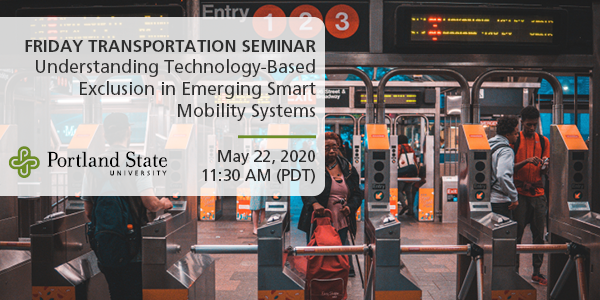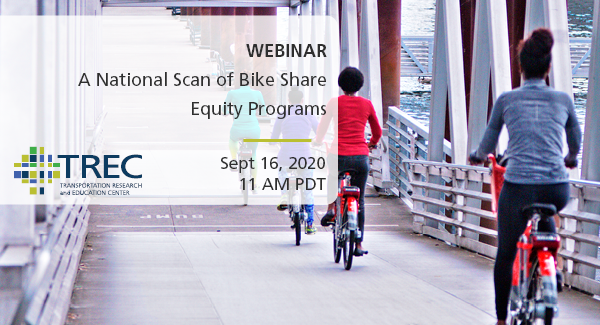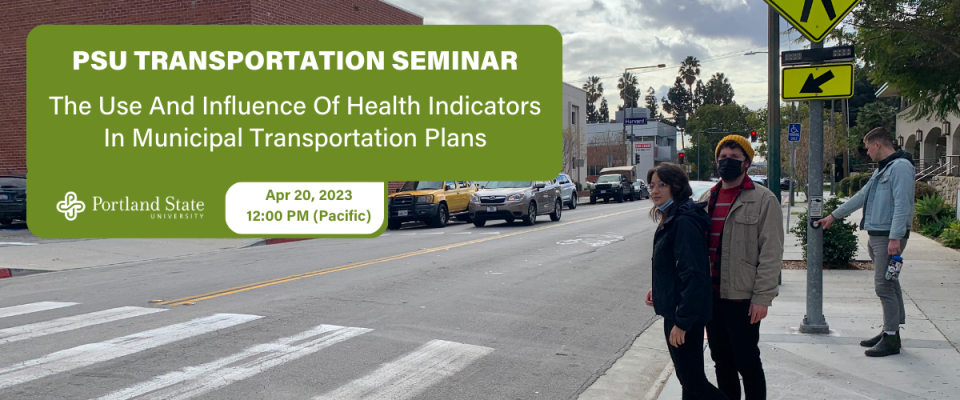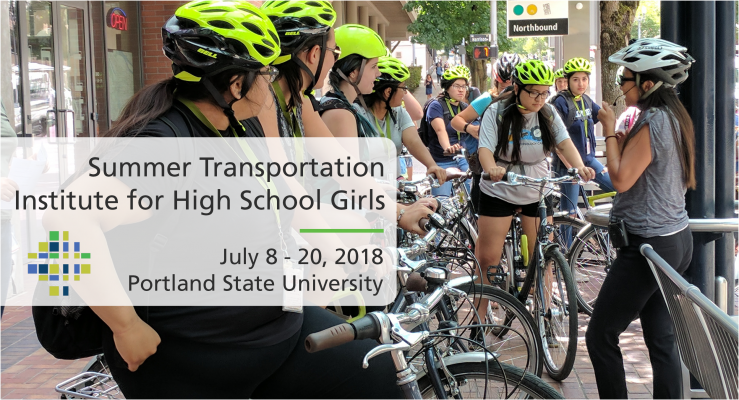Transportation mode choice is often expressed in terms of models which assume rational choice; psychological case studies of mode adoption are comparatively rare. We present findings from a study of the psychology of adoption for sustainable transportation modes such as bicycles, car sharing, and mass transit. Case studies were conducted with current and former participants in PSU’s ‘Passport Plus’ transit pass program, as well as a longitudinal cohort study of first-time winter bicycle commuters. Composite sequence analysis was used to construct a theory of the adoption process for these modes. Our findings suggest that mode evaluation is cognitively distinct from mode selection and has different information requirements. We conclude that public and private organizations could improve the adoption rate for these modes by tailoring their communication strategies to match the commuter’s stage of adoption.
View slides
The video begins at 9:01.




